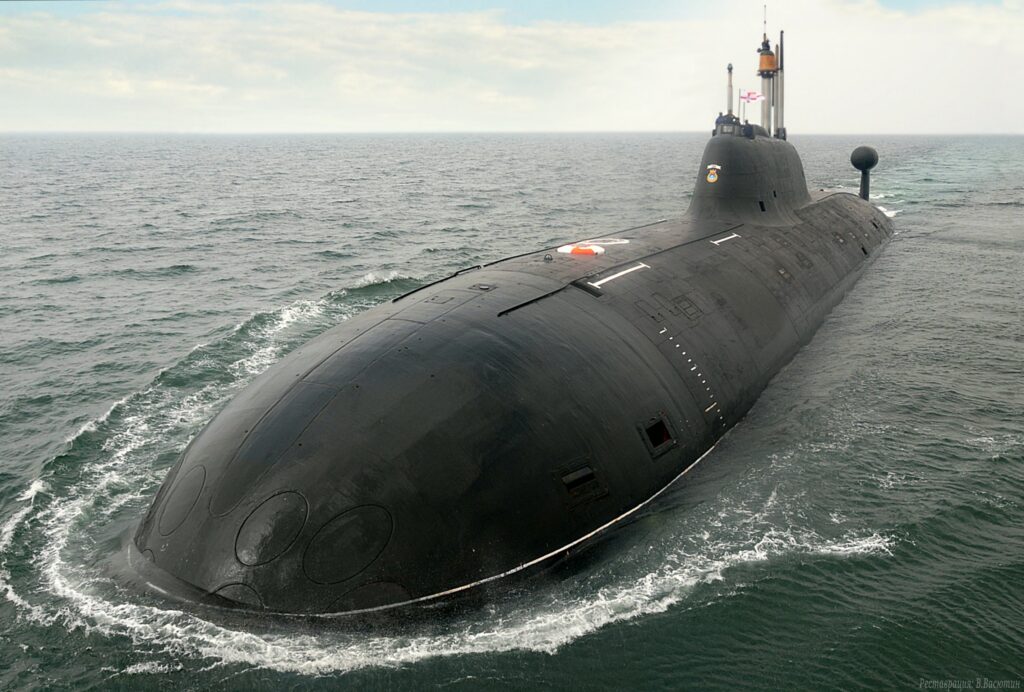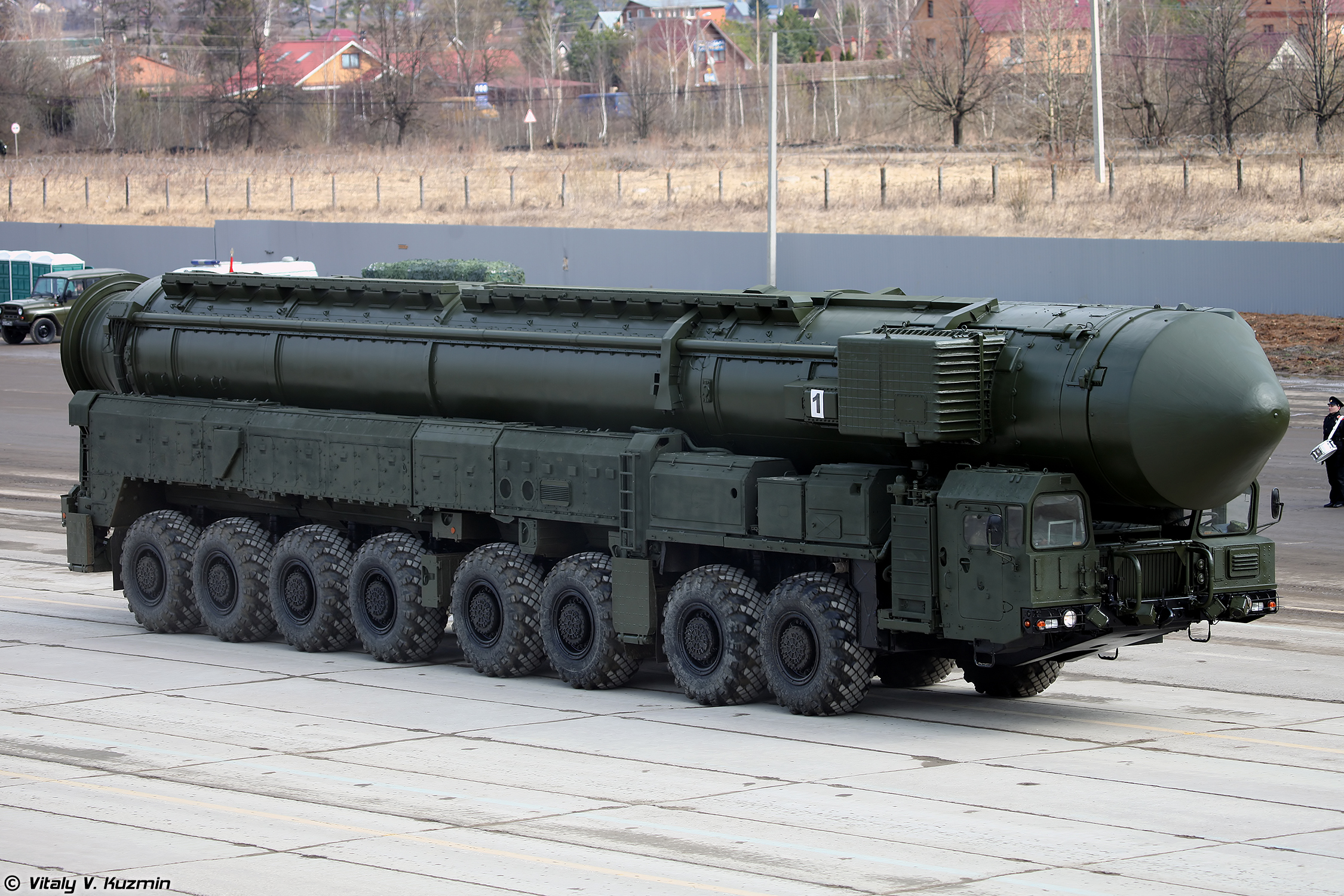Cold War 2.0: The Global Impact of Russia’s Nuclear Ambitions – inside the current geopolitical landscape, the term “cold conflict 2.0” has been more and more used to describe the escalating tensions among primary worldwide powers, mainly america and its allies, and Russia. at the heart of this renewed confrontation are Russia’s nuclear aims, that have huge implications for international protection and balance.

Historical Context
The cold battle, which spanned more or less from the quit of worldwide warfare II to the early Nineties, become characterised by ideological rivalry, army build-up, and proxy conflicts among the Western bloc, led by using the us, and the japanese bloc, led with the aid of the Soviet Union. crucial to this competition turned into the hands race, especially the improvement and deployment of nuclear weapons.
Russia’s Nuclear Arsenal
Russia, because the successor nation to the Soviet Union, inherited an impressive nuclear arsenal. in spite of the dissolution of the Soviet Union, Russia remains a prime nuclear power, owning a numerous array of nuclear guns, consisting of intercontinental ballistic missiles (ICBMs), submarine-launched ballistic missiles (SLBMs), and strategic bombers. moreover, Russia has invested in modernizing its nuclear competencies, developing advanced delivery systems and upgrading its current arsenal.
Geopolitical Implications
The resurgence of Russia’s nuclear skills has reverberated across the geopolitical panorama, mainly in areas neighboring Russia. The annexation of Crimea in 2014 and ongoing conflicts in Ukraine and Georgia have raised issues amongst neighboring countries approximately Russia’s assertiveness and territorial goals. furthermore, Russia’s strained members of the family with NATO and Western powers have fueled fears of a new cold conflict.
Global Security Concerns
The proliferation of nuclear weapons poses a grave chance to worldwide safety and stability. Russia’s nuclear posturing, coupled with the ability for arms races in different regions, will increase the hazard of unintentional or intentional nuclear struggle. furthermore, the erosion of fingers manipulate agreements, consisting of the Intermediate-variety Nuclear Forces Treaty (INF), has heightened concerns about the dearth of mechanisms to manage and mitigate nuclear risks.
Economic Ramifications
Russia’s emphasis on army modernization and nuclear deterrence has large financial implications. defense spending priorities have brought about trade-offs in other regions, along with social welfare and infrastructure development. moreover, heightened tensions with Western nations have contributed to financial sanctions and diplomatic isolation, further straining Russia’s economy.
Diplomatic Responses
Efforts to address Russia’s nuclear pursuits have mainly taken the form of multilateral negotiations and bilateral talks with key stakeholders. worldwide boards consisting of the United countries protection Council and the conference on Disarmament offer structures for diplomatic engagement and battle resolution. however, reaching consensus on nuclear troubles remains difficult because of divergent interests and geopolitical rivalries.
Technological Advances
Advancements in nuclear technology, along with hypersonic guns and cyber skills, have added new dimensions to the nuclear fingers race. Russia’s development of subsequent-technology nuclear systems raises questions about the efficacy of current arms manage mechanisms and the need for up to date safety protocols to deal with rising threats, inclusive of cyberattacks on nuclear infrastructure.
Environmental Considerations
Further to protection worries, Russia’s nuclear goals have environmental ramifications. The expansion of nuclear strength applications and the disposal of radioactive waste pose risks to ecosystems and public health. Environmental impact assessments and regulatory measures are essential to mitigate the capacity hazards related to nuclear activities.
Humanitarian Perspectives
Amidst geopolitical tensions, humanitarian considerations are often disregarded. Civilian preparedness measures, together with emergency reaction making plans and public education campaigns, are essential to mitigate the impact of nuclear incidents or injuries. furthermore, worldwide cooperation is crucial for addressing the long-time period results of nuclear proliferation, together with nuclear contamination and radiation exposure.
Media and Public Perception
The media performs a essential position in shaping public perceptions of nuclear troubles. The framing of nuclear discourse, ranging from alarmist headlines to nuanced evaluation, influences public attitudes and coverage debates. Balancing the need for informed reporting with the vital to keep away from sensationalism is critical for fostering positive talk on nuclear safety.
Ethical Dilemmas
The pursuit of nuclear deterrence raises profound ethical questions. simply battle concept, which seeks to set up standards for morally justifiable war, grapples with the ethical implications of nuclear approach. Debates over the morality of nuclear weapons underscore the want for ethical mirrored image and responsible decision-making in subjects of country wide security.
Strategic Alliances
Russia’s nuclear ambitions have implications for strategic alliances and security partnerships. while Russia keeps strategic partnerships with other nuclear powers, which include China and India, its movements have strained members of the family with traditional allies in Europe and North the united states. Collective protection agreements, which include the North Atlantic Treaty corporation (NATO), play a critical function in coping with geopolitical tensions and deterring aggression.
Future Scenarios
The trajectory of bloodless battle 2.zero and Russia’s nuclear pursuits hinges on a selection of things, together with geopolitical traits, technological advancements, and diplomatic initiatives. whilst the possibility of escalating tensions and war looms large, there are pathways to de-escalation and conflict decision via diplomatic engagement, fingers manipulate agreements, and confidence-constructing measures.
Conclusion
In conclusion, Russia’s nuclear aims have profound implications for worldwide protection, balance, and diplomacy. as the global community grapples with the challenges posed by using cold war 2.0, concerted efforts are had to address nuclear proliferation dangers, mitigate environmental dangers, uphold moral standards, and foster speak and cooperation among international locations.
FAQs
- What is Cold War 2.0?
- Cold warfare 2.0 refers to the resurgence of geopolitical tensions reminiscent of the original bloodless warfare, characterized with the aid of contention between predominant international powers, especially the usa and Russia.
- How does Russia’s nuclear arsenal compare to other countries?
- Russia possesses considered one of the most important nuclear arsenals in the world, rivaling that of the united states. Its nuclear abilities include intercontinental ballistic missiles, submarine-released ballistic missiles, and strategic bombers.
- What are the environmental risks associated with Russia’s nuclear activities?
- The expansion of Russia’s nuclear power applications and the disposal of radioactive waste pose environmental risks, such as infection of ecosystems and ability fitness risks for close by populations.
- How does the media influence public perceptions of nuclear issues?
- The media plays a substantial role in shaping public attitudes closer to nuclear problems through its framing of discourse. Sensationalist reporting can exacerbate fears and misconceptions, while balanced analysis fosters knowledgeable communicate.
- What are the prospects for de-escalation in Cold War 2.0?
- De-escalation in bloodless conflict 2.zero requires diplomatic engagement, arms control agreements, and confidence-constructing measures amongst main worldwide powers. even as challenges stay, speak and cooperation offer pathways to reducing tensions and promoting balance.




